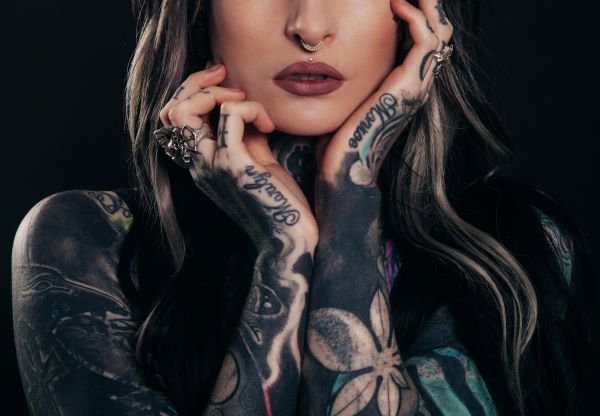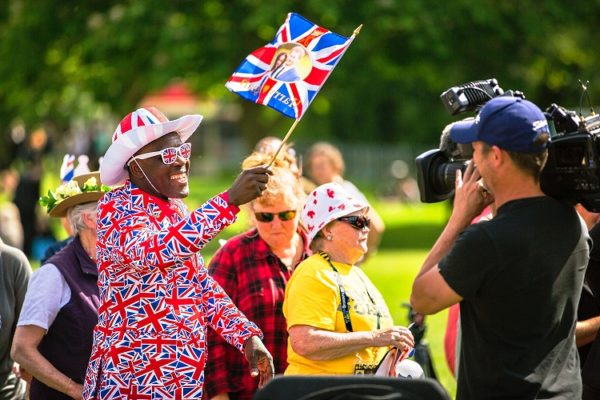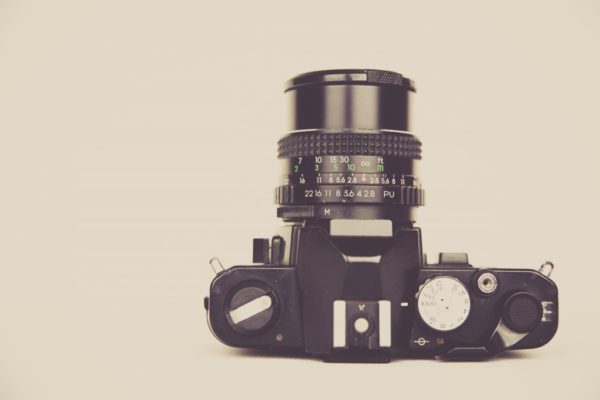Can I trade mark my YouTube channel?
Yes you can. Well, elements of it. Your YouTube channel (in fact any form of digital communication channel such as TikTok) is part of your brand, and the more it grows, the more important it is to protect the branding elements that define what your channel is about, such as channel name, logo and any slogans or catchphrases associated with your channel.
Examples of Trade marked YouTube channels include MrBeast, JackSepticEye and Pewdiepie. You don’t need to have millions of subscribers on your channel however, with the increasing monetisation opportunities on the platform (such as merchandising and sponsorships) it makes sense to protect your brand sooner rather than later.
How can I protect my/my clients likeness?
Image rights themselves are not a recognised concept in the UK as they may be in other countries. Instead, the UK has several separate laws under which a persons image can be protected.
One of which is ‘Passing off’, which can be claimed only if it can be demonstrated that the individual has significant goodwill or reputation associated with their image, that the unauthorised use of the image misled the public into believing that a product has been endorsed by the individual and that person suffered damages as a result.
Although difficult to meet all three, one of the most famous cases in the UK of a celebrity successfully defending their image via this method is in Rihanna v Arcadia [2013], where Topshop sold a T-shirt line with an image of Rihanna’s face on. The license for this image had been acquired from the photographer however not from Rihanna. The possible implication that she had endorsed the product, despite not doing so, combined with the obvious fact of her status and influence in the fashion world and the likelihood of reputational or financial damage as a result, saw her awarded a favourable judgement.
Cases like these, their rarity and innate complexity, demonstrate the need for an experienced intellectual property solicitor to assist in managing the rights of high profile individuals.
Other ways to protect an individuals likeness include privacy and data protection rights, defamation laws, trade marks and advertising regulations.
How can I use a photographers work for my brand?
The ownership of photographs (specifically the copyright) is usually held by the photographer, or in some situations, the agency they were representing at the time the photo was taken.
If you wish to use an image for your own purposes, permission must be granted from the copyright holder usually in the form of a license that details acceptable use and compensation (attribution and/or payment). This can be complicated by issues such as passing off laws that specifically grant brands or high profile individuals protection from misuse of their image, and model release forms, which must be secured to use a persons image in a commercial setting.
For guidance navigating the specifics of intellectual property licensing and images feel free to get in touch and we will get back to you to arrange a consultation with one of our team.




